This may be of interest to you:
The Voice of the Child in Family Law (Live Webcast Replace with Live Chat)
This exciting, interdisciplinary program focuses on the complex issues that arise when dealing with and hearing from children involved in the litigation process. Our dynamic and often controversial panels of experts will include judges, lawyers, academics, social workers, therapists, and doctors. For more information, visit:
https://ecom.lsuc.on.ca/cpd/product.jsp?id=CLE12-0080200
Hosted by the Law Society of Upper Canada, Monday, August 20, 2012 (9:00 AM – 4:30 PM)
Location: View this webcast-only program from your home or office computer
Chair(s): The Honourable George Czutrin, Superior Court of Justice ; Lucy McSweeney, Children’s Lawyer for Ontario Ministry of Attorney General
Presenters:
The Honourable Susan Lang, Court of Appeal for Ontario
The Honourable George Czutrin, Superior Court of Justice
The Honourable R. John Harper, Senior Family Justice, Superior Court of Justice
The Honourable Heather McGee, Superior Court of Justice
The Honourable June Maresca, Ontario Court of Justice
Professor Nicholas Bala, LSM, Faculty of Law, Queen’s University
Dr. Rachel Birnbaum, Associate Professor, King’s University College at University of Western Ontario
Dr. Jean Clinton, B.Mus, FRCP (C), Associate Clinical Professor, McMaster University, Child Psychiatrist, Offord Centre for Child Studies, Chedoke Site
Francine Cyr, Ph.D. (Psychology), Université de Montréal
Daniel Goldberg, Office of the Children’s Lawyer
Joanna Harris, Wilson Christen LLP
Joan Kelly, Ph.D.
Alfred Mamo, C.S., McKenzie Lake Lawyers LLP
The Honourable Justice Donna Martinson, (retired), Supreme Court of British Columbia
Martha McCarthy, Martha McCarthy & Company
Lucy McSweeney, Children’s Lawyer for Ontario, Ministry of Attorney General
The Honourable Ellen Murray
The Honourable Anne-Marie Trahan, Q.C., (retired), Superior Court of Quebec
Nancy Webb, Provincial Manager of Clinical Services, Office of the Children’s Lawyer

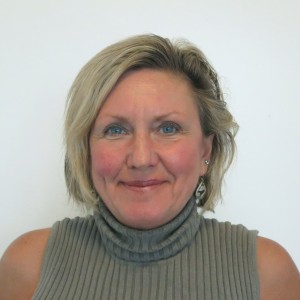 Registered Clinical Social Worker
Registered Clinical Social Worker Family Lawyer
Family Lawyer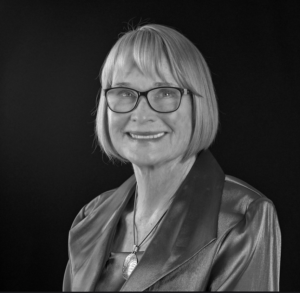
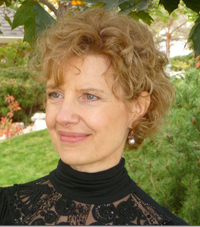 Registered Clinical Counsellor
Registered Clinical Counsellor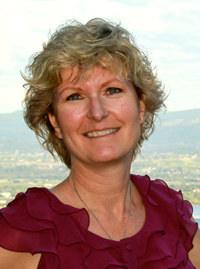 Collaborative Lawyer and Mediator
Collaborative Lawyer and Mediator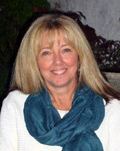 Registered Clinical Social Worker
Registered Clinical Social Worker